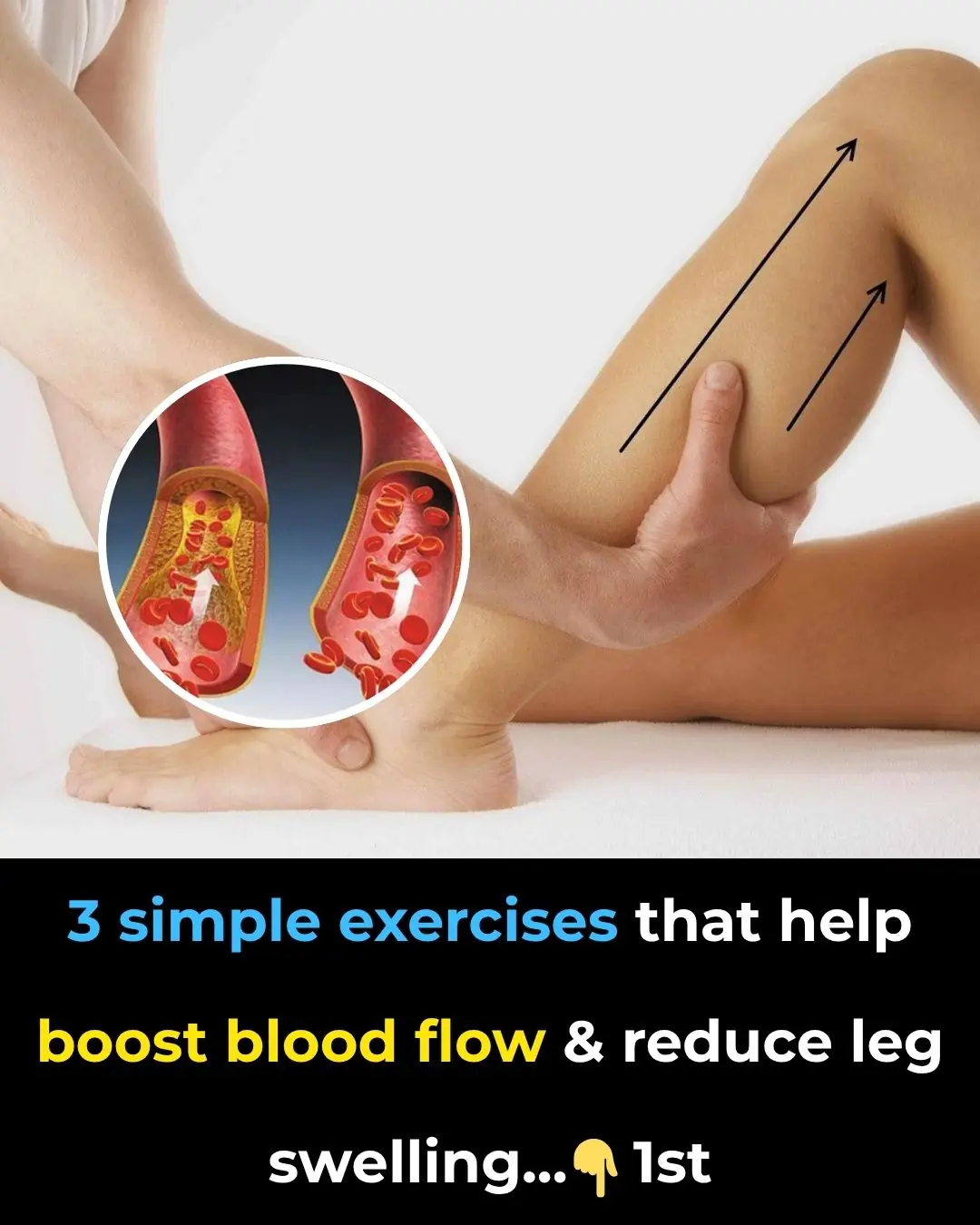
When his mother decided to leave again, Timka was twelve. She didn’t really explain anything, only said she’d been invited to teach—for just a couple of weeks
When his mother got ready to leave again, Timka was twelve. She didn’t explain much — just said she’d been invited to teach somewhere for a couple of weeks. “Everything will be fine. I’ll be back soon. You won’t even notice,” she said, her voice light, her eyes darting like a guilty cat.
They drove in silence. The car rattled along the rutted village road, dust trailing behind them like a ghost. Timka stared out the window, waiting for his mother to say something tender, something reassuring. A promise. But she didn’t. She pulled up beside an old log house with a sagging fence and turned off the engine.
“Sit here a bit. Your great-grandfather will come out,” she said, avoiding his gaze.
“And you?”
“I’ll go… but just for a couple of weeks, Timosh, honestly.”
She jumped out of the car like it burned her and rushed into the house. A few minutes later, an old man emerged — tall, lean, with deep-set eyes and a face carved by time. Timka had seen him only in faded photos, heard stories about how he’d spent his life working the land.
“That’s it, Mikhail Savelyevich,” his mother said quickly. “I’m off. I’ll pick him up in a couple of weeks. Just keep an eye on him…”
“Go on,” the old man replied curtly. Then he opened the back door and looked at Timka. “Out you get.”
Timka slid off the seat, grabbed his backpack, and stepped into the dusty grass. The car lurched forward, kicking up clouds of dust. He couldn’t remember if his mother had kissed him goodbye. Probably not. She just waved and drove off. The old man turned and walked toward the house without a word — as if this was all perfectly normal.
The first morning in the village began before dawn. A knock on the door. A stern voice:
“Up. Time.”
Timka groaned. It was still dark. He pulled the blanket over his head, but the door clapped shut — the old man had already gone outside. He had no choice.
They washed with icy water from the well. Timka’s teeth clenched, his hands went numb. The old man grunted:
“Wake the body — wake the mind.”
Then came the chickens, the goat, the vegetable patch. Task after task. Timka stumbled, complained, skinned his hands. But the old man never raised his voice. He showed him once. After that — watch and learn.
At midday, when the sun scorched the earth, the old man sat on the porch and lit a hand-rolled cigarette.
“You’re probably thinking — what’s the point of all this? In the city there’s TV, internet, cartoons… And here it’s a cow and a shovel. Don’t think. Do. The earth doesn’t suffer fools. Laziness rots the soul.”
Days passed. His mother didn’t call. Didn’t write. At first Timka waited. Then he stopped asking. In the evenings, he sat on the bench and stared at the sky — vast, endless, humbling. He wondered: what if she never came back?
One day he asked:
“Grandpa, will she definitely come?”
The old man smoked in silence, then said:
“Don’t wait. Live.”
The old man taught without words. How to press plantain leaves to a wound. How to heat the stove without smoke. How to catch fish with bare hands. How to read rain in the scent of the air. He didn’t praise, didn’t scold. But when Timka did something right, a spark lit in his eyes — and that was enough.
Timka grew stronger. His hands calloused. He stopped complaining. He woke early, washed at the well, fed the animals. He could kill a chicken, clean a fish, haul water. There were no holidays, no gifts. But each morning felt like a beginning. Each evening’s silence — like a prayer.
Two months later, a letter arrived. A yellowed envelope, smeared handwriting.
The old man read it silently, then folded it carefully.
“Your mother’s in the hospital. Nerves, they said. She won’t be up any time soon.”
Timka lowered his head. His throat tightened. But he didn’t cry.
The old man laid a hand on his shoulder.
“That’s life, Timofey. Sometimes parents don’t know how to be parents. But you — make sure you become a man. Don’t grow bitter.”
Summer passed. Then autumn. School was in the next village. Timka walked through the forest — four kilometers each way. In winter, the old man met him with a lantern. In spring — with tea on the porch.
One day Timka came home with a bruise under his eye.
“A fight?”
“Uh-huh. Someone called me a ‘throwaway.’”
The old man looked at him for a long time, then said:
“Words can hit harder than fists. But answer with fairness, not malice.”
Evenings by the stove became sacred. The old man peeled potatoes. Timka read aloud. One night, the old man paused and said:
“You’ve become a man, Timofey.”
“I’m just living the way you do.”
“And I — like my grandfather did. Life goes in circles. The trick is not to lose your conscience in the spin. You haven’t.”
In spring, nearly a year later, a car pulled up. A woman stepped out. Her heels sank into the wet ground. She knocked at the gate.
“Timosha!” she called, as if she’d only been gone a day.
Timka stood by the shed, a bucket of manure in his hands.
“You’ve come?”
“Yes. I want to take you with me… You can’t imagine how hard it’s been… Let’s go home.”
Timka looked at her — at the manicured hands, the tired eyes, the lips that didn’t know how to speak truth.
“I’m already home,” he said.
She faltered.
“But you’re my son…”
“And he’s my grandfather,” Timka nodded toward the old man.
The old man stepped out, adjusting his cap. Calm. No anger. No reproach.
“Can he stay?” she asked, voice trembling.
“It’s his choice,” the old man said.
Timka stayed.
He went to school. Did the chores. Learned to plow, to build, to mend. Years later, people in the district respected him — not for his name, but for his spirit.
He buried his great-grandfather himself. No tears. Just held that dry, strong hand — the hand that taught in silence. The hand that held all the love that doesn’t shout, but simply stays.
On the shelf, an old photo remained. A boy and an old man. No smiles. Just truth.
And in Timka’s heart lived one phrase — the one he later passed to his own son:
“Not everyone who gives birth is a parent. And not everyone who stands beside you is a stranger. Family is the one who holds your hand when you’re standing on the edge.”
News in the same category

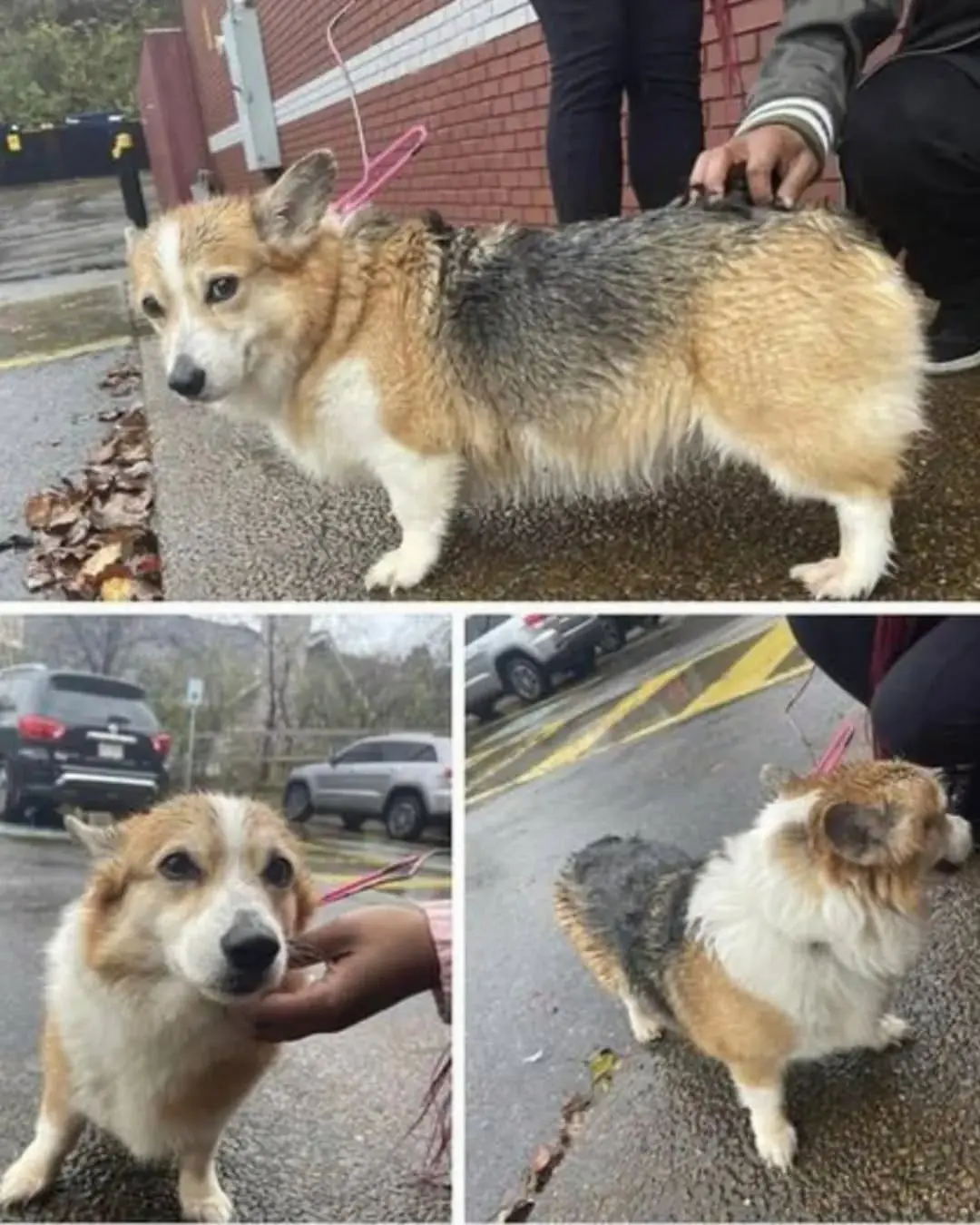
The Night Edith Found Her Angels at a Waffle House
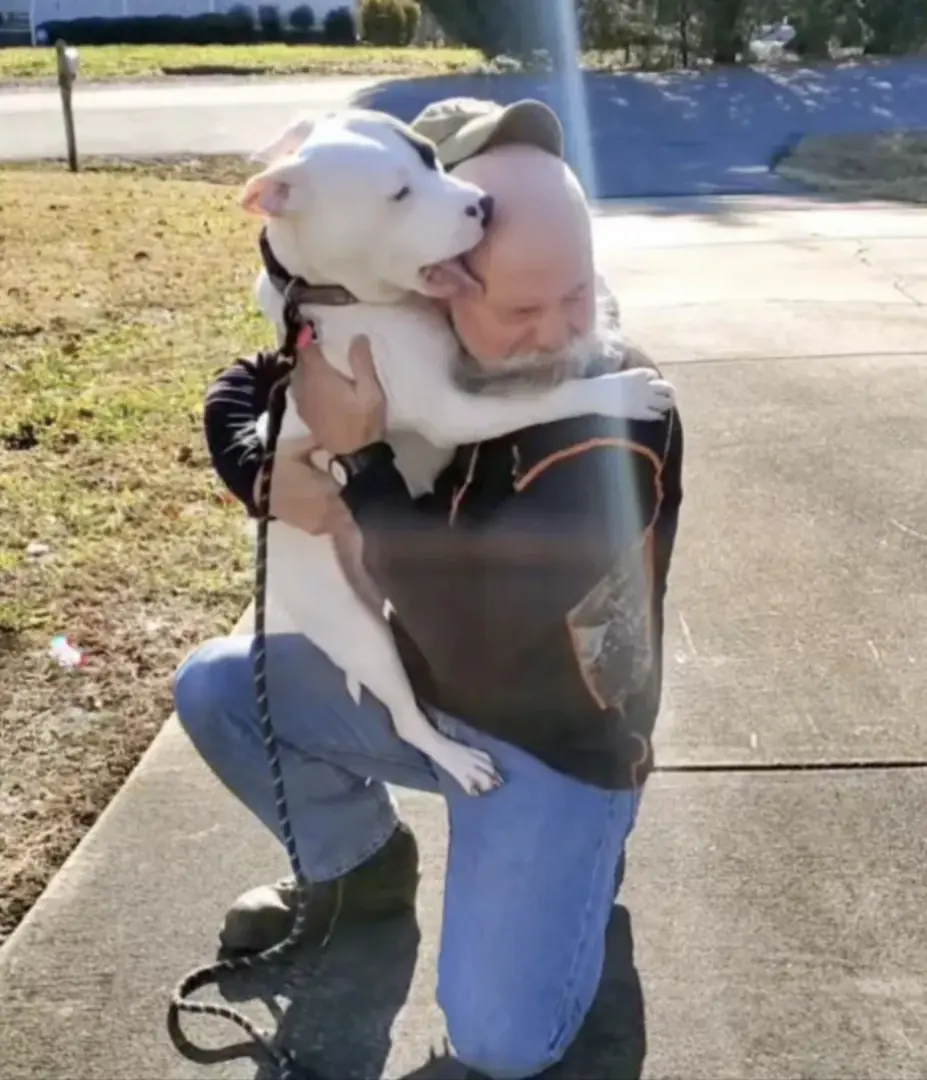
The Dog Who Healed Our Hearts: A Story of Rescue, Love, and Second Chances
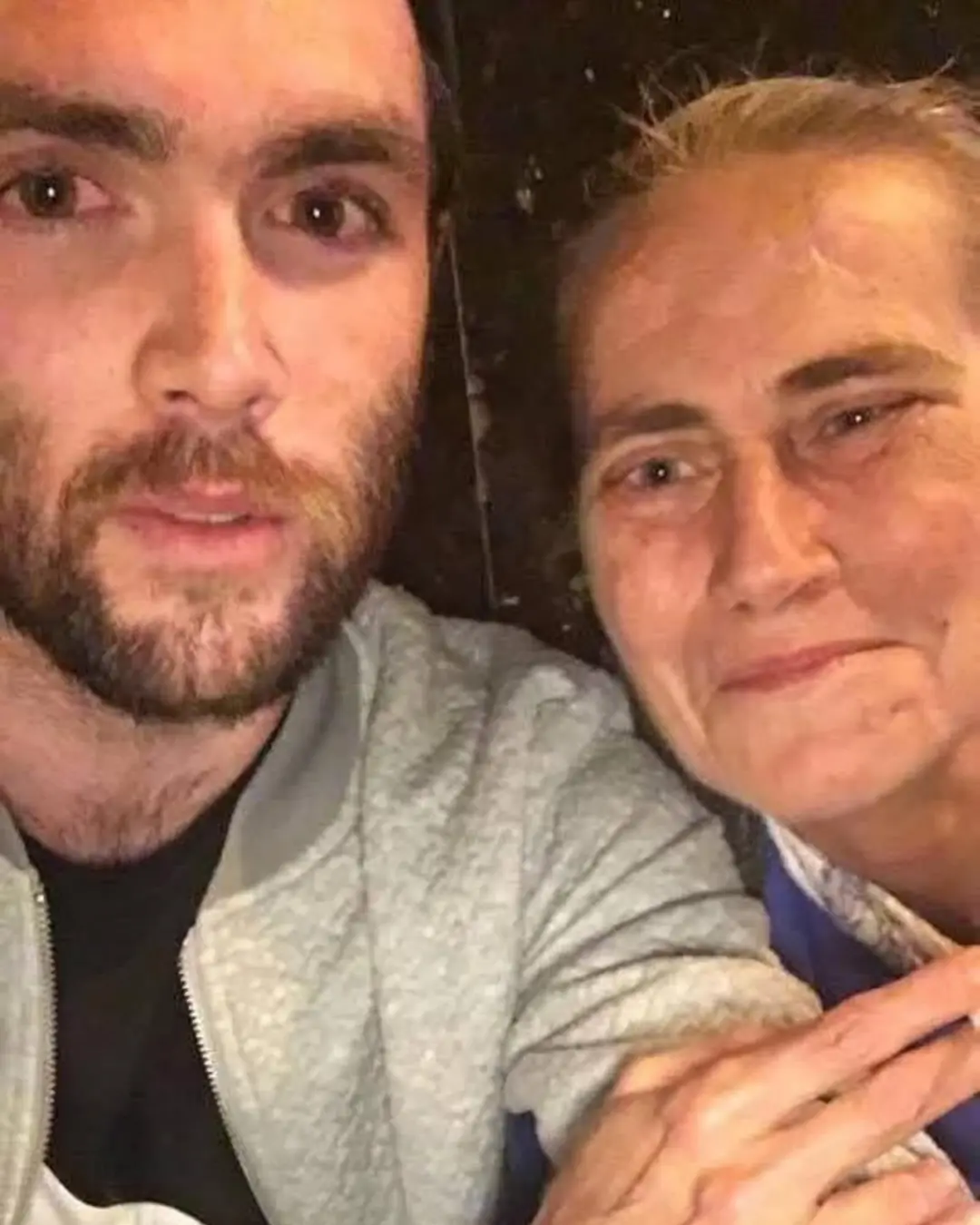
A Night at McDonald’s That Changed a Life — And Mine
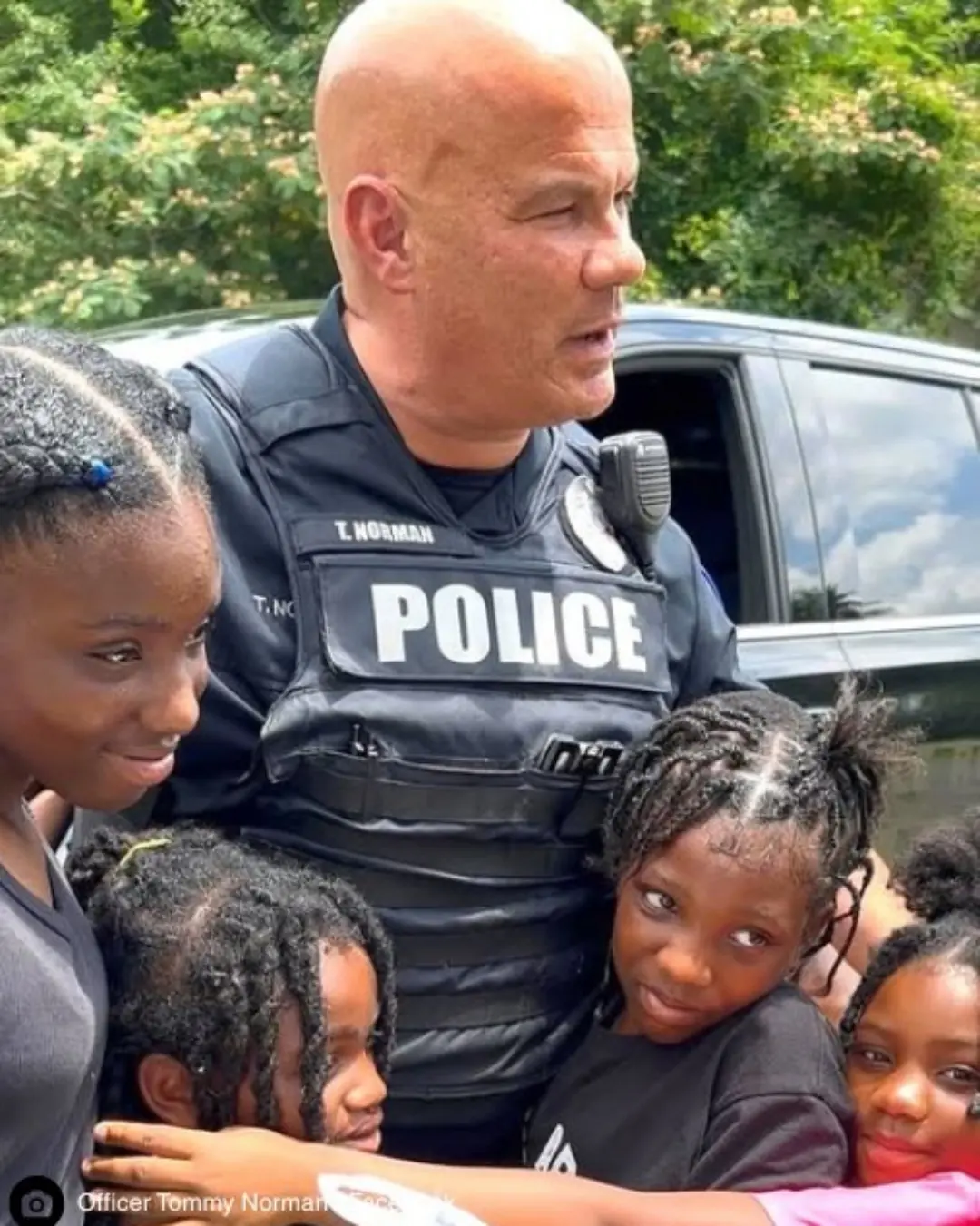
Beyond the Badge: A Police Officer’s Reflection on True Community Connection
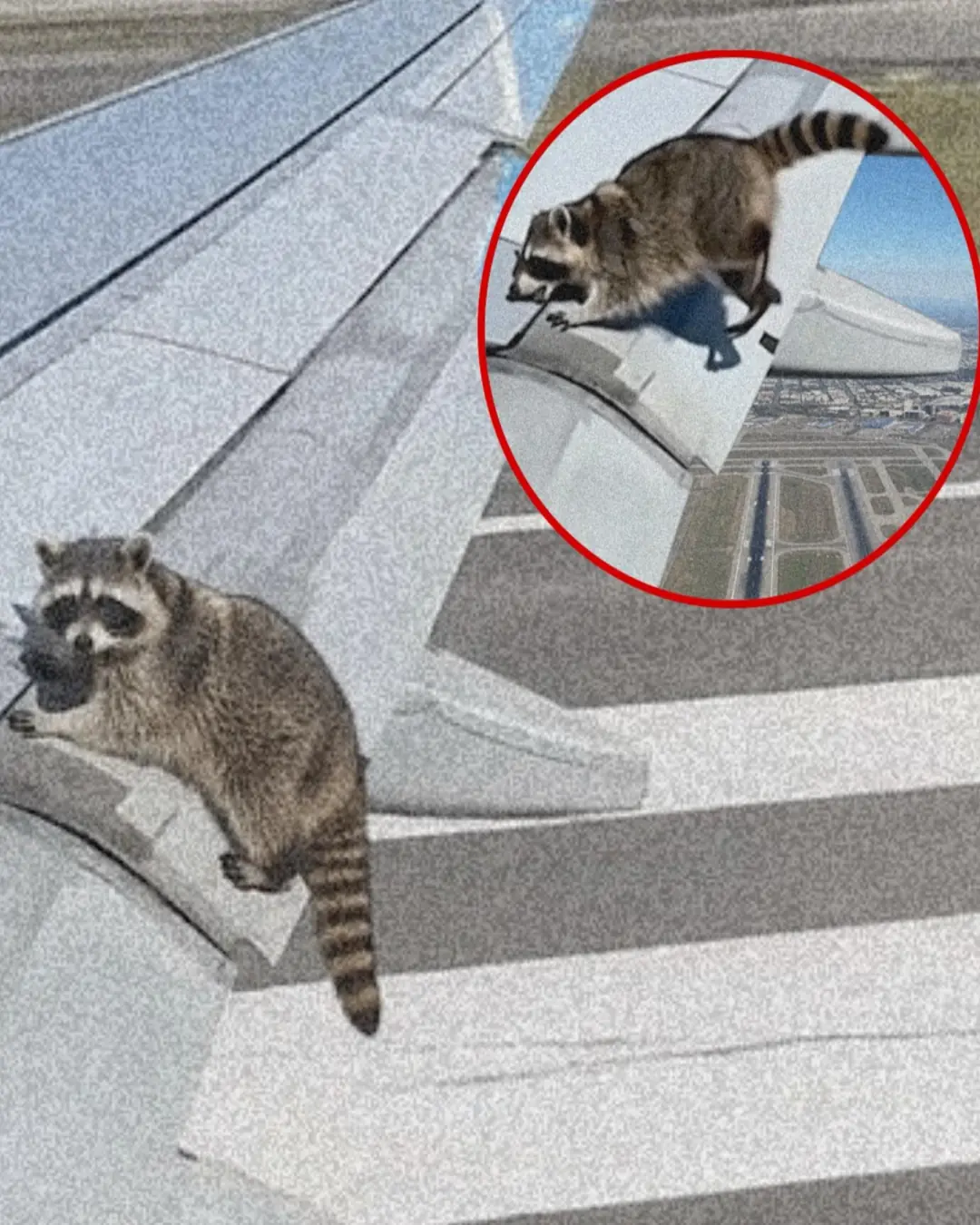
Koda the Christmas Bandit: The Dog Who Unwrapped Every Gift Under the Tree
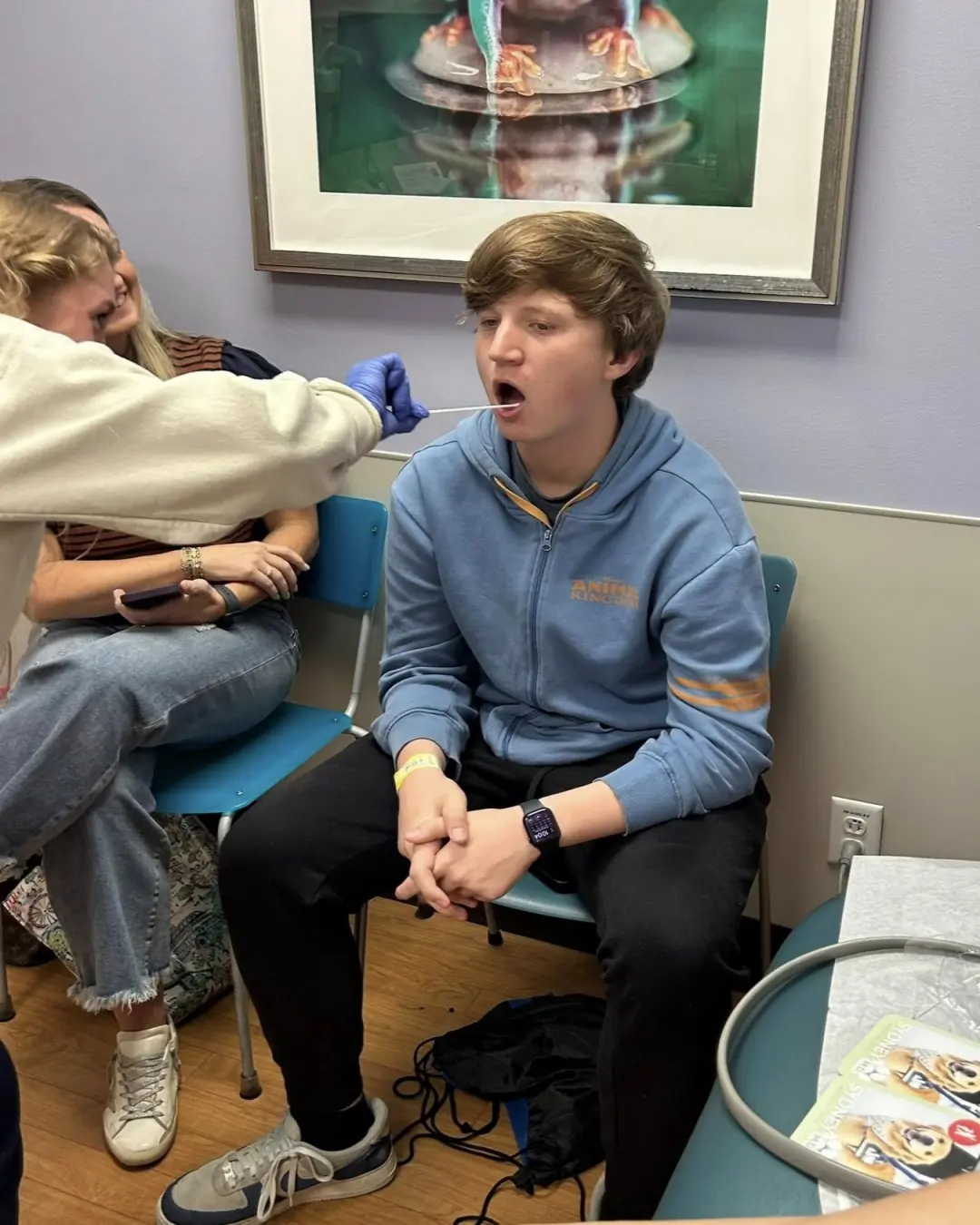
A Brother’s Gift: Caleb’s Courage for His Sister Libby
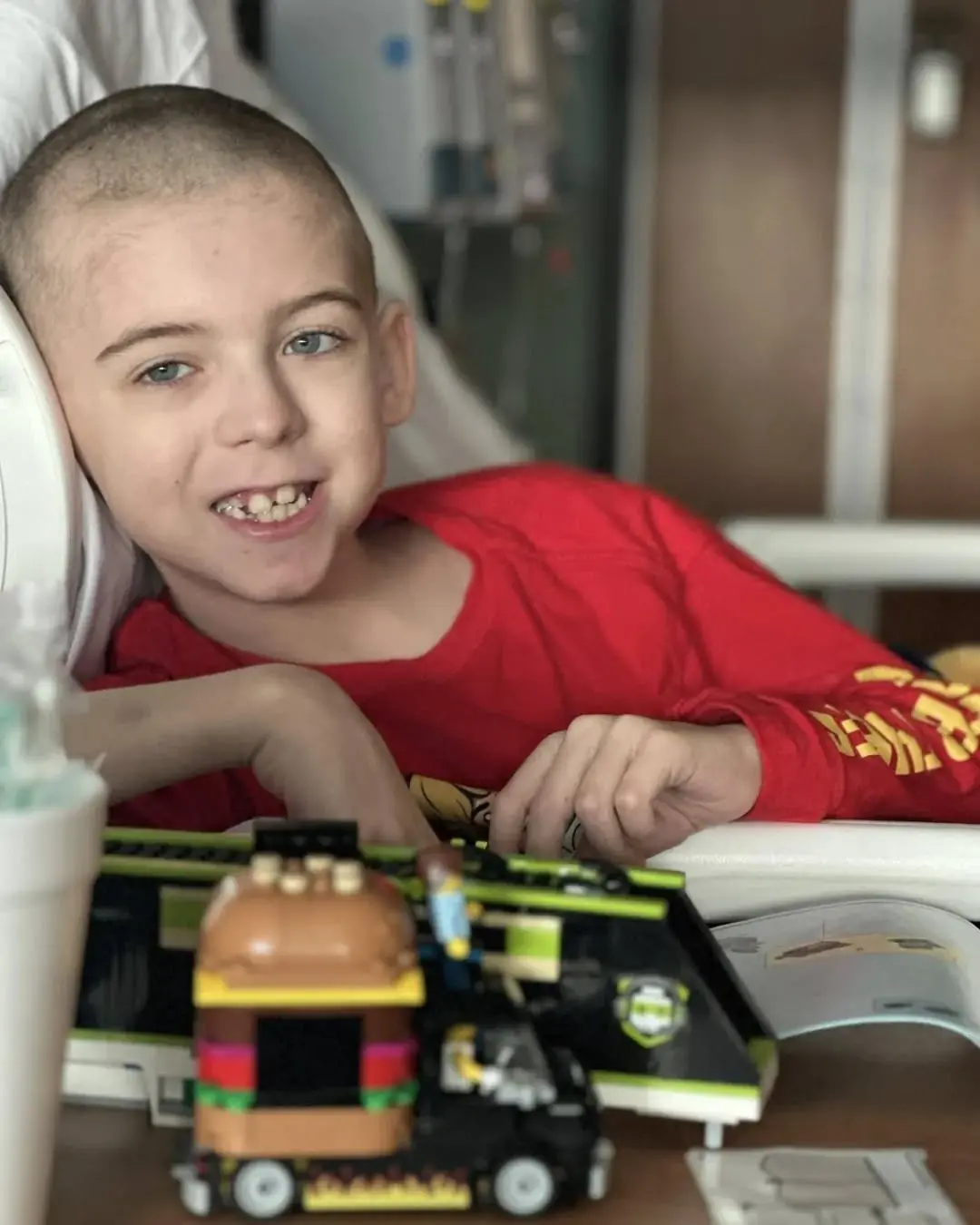
Two Brothers, One Battle: The Scotts’ Fight for Life and Hope
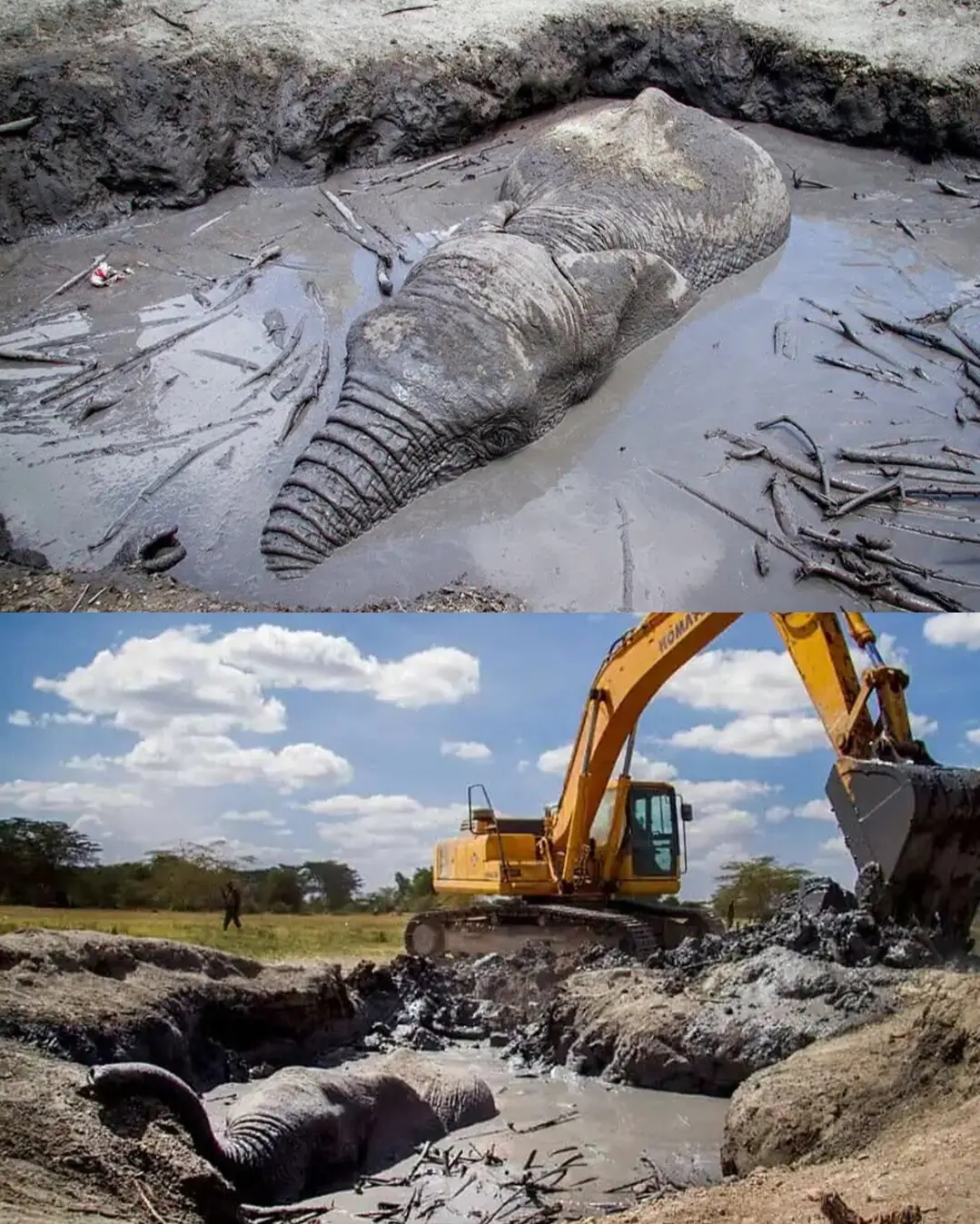
An Elephant’s Cry, A Human Answer.
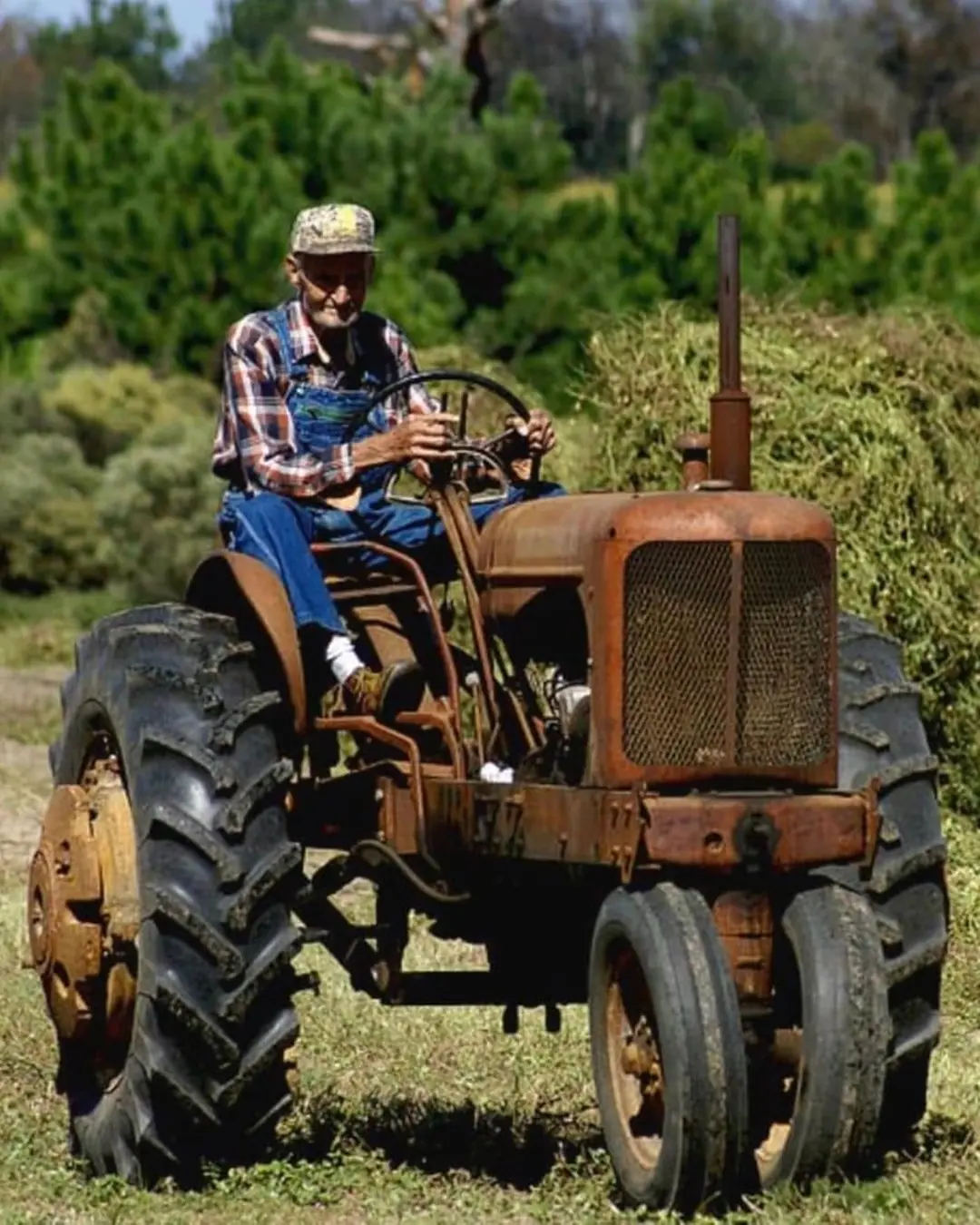
The Farmer’s Slow Lane
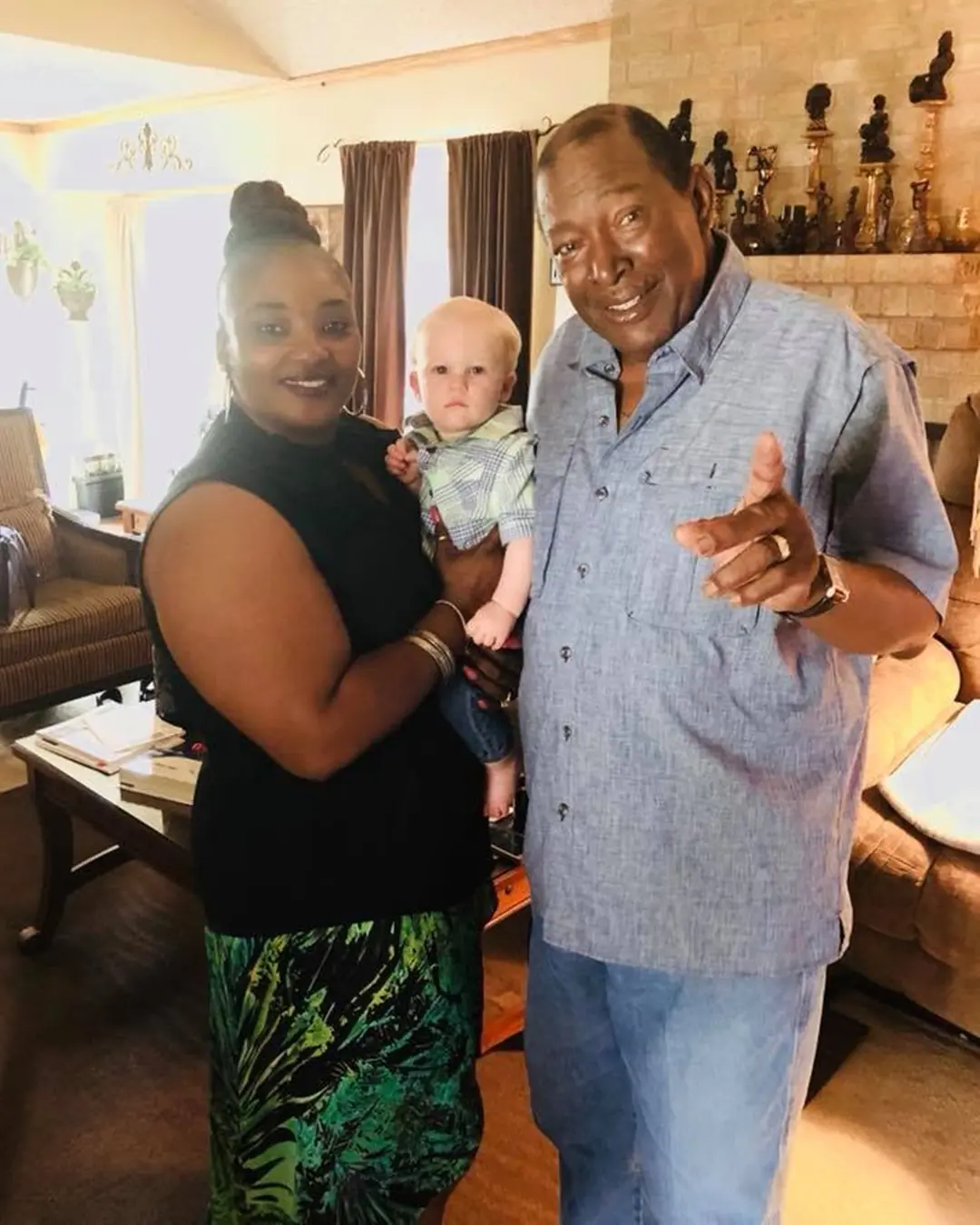
The Gift of a Grandfather Without Bloodlines.
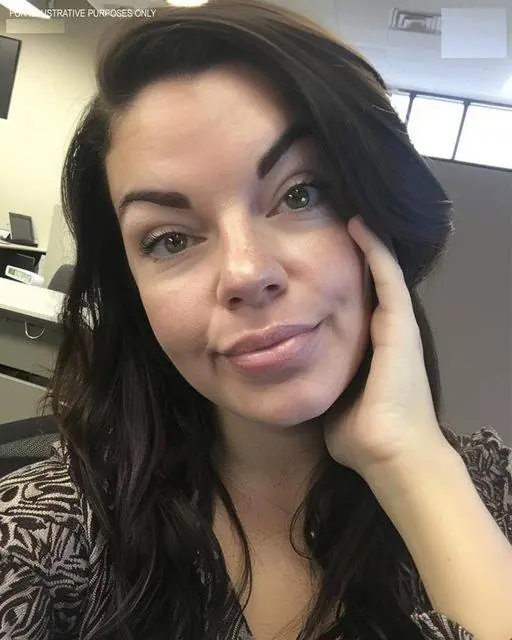
My Ex-husband’s New Wife Unexpectedly Contacted Me – What She Wrote Made Me Go Pale
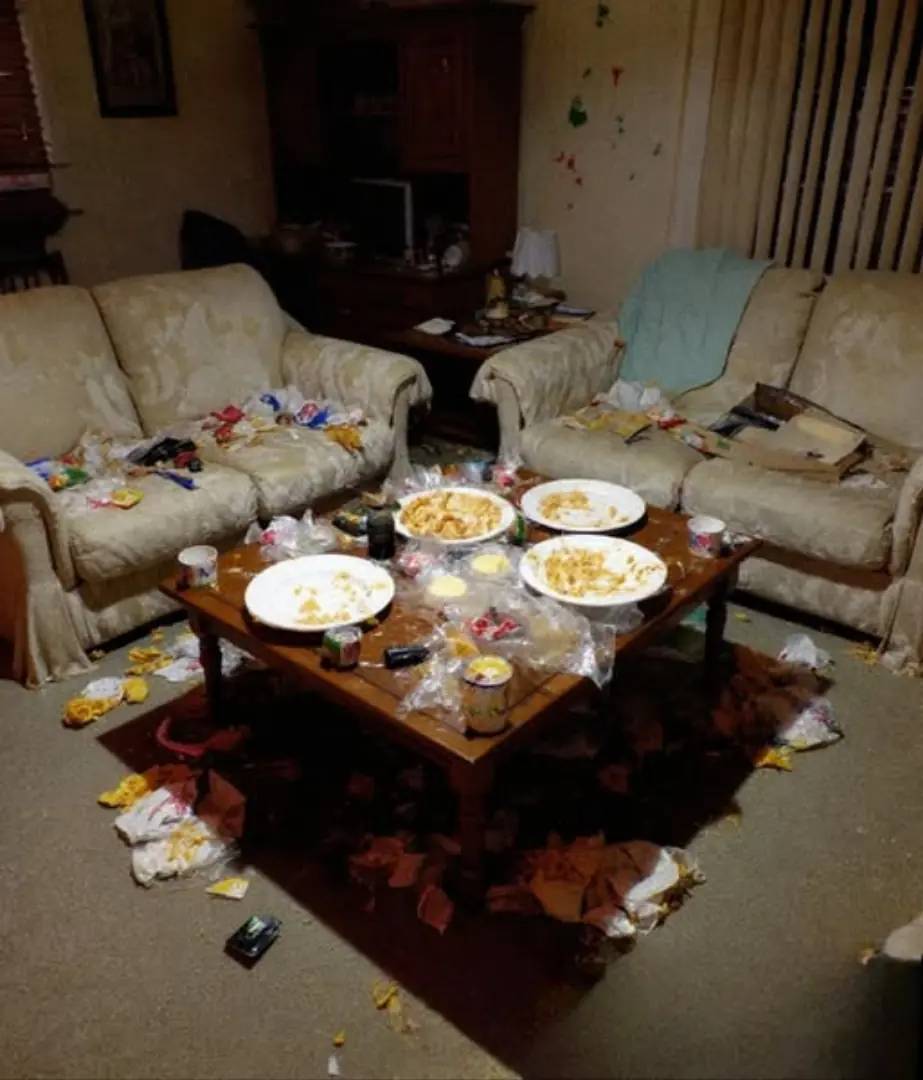
I Inherited My Grandma’s Cotage, but My Jealous Cousin Wrecked It — So I Made Her Pay Every Penny
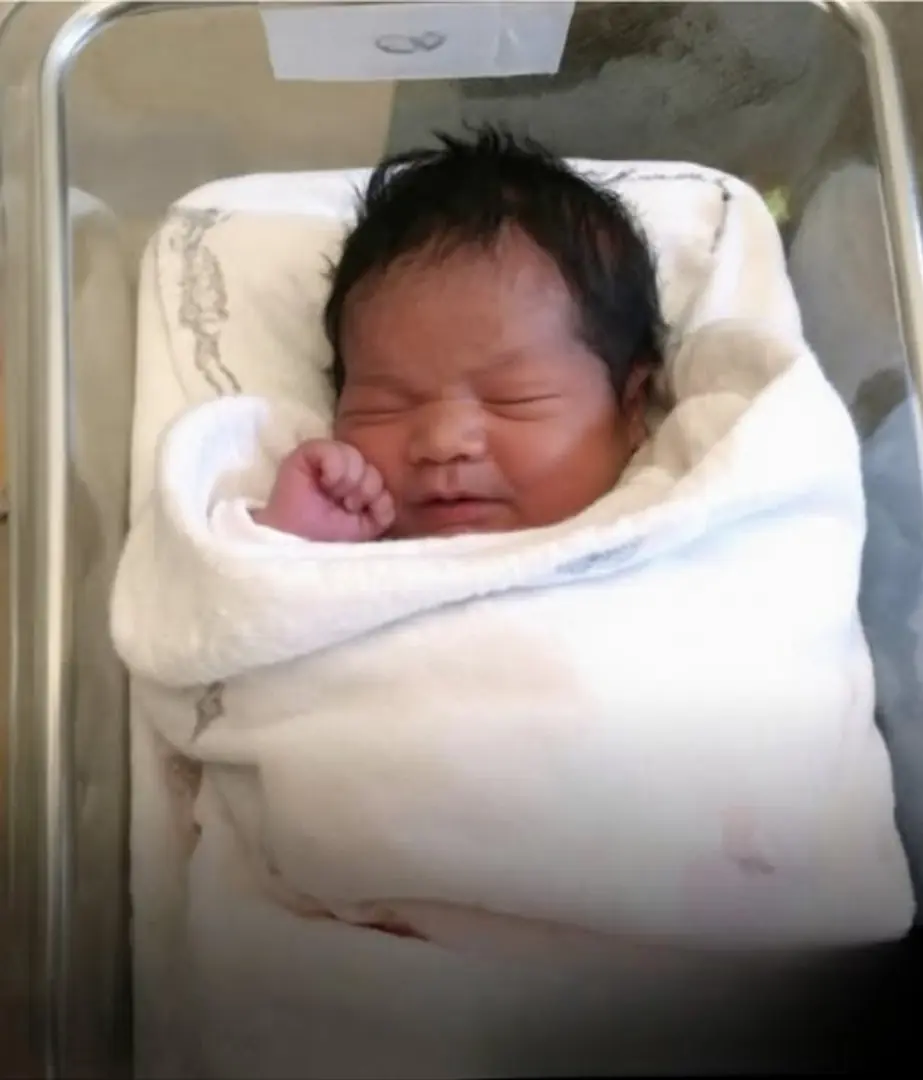
I Nearly Left My Wife When She Gave Birth to a Baby with Dark Skin — But the DNA Results Left Me Ashamed
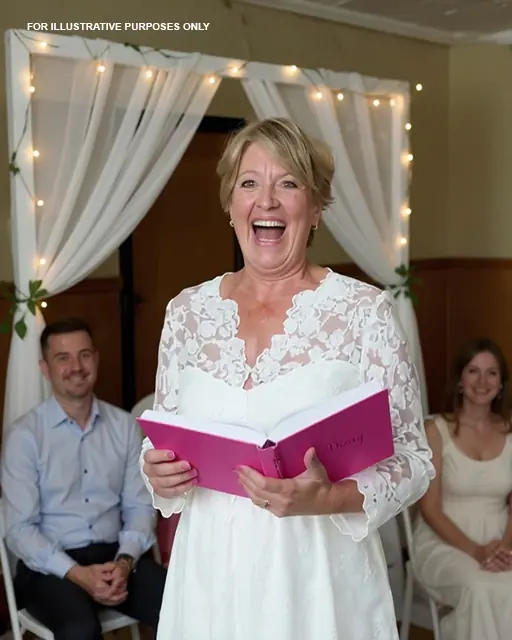
My Stepmother Read My Childhood Diary Out Loud at My Wedding to Embarrass Me — She Regretted It Instantly
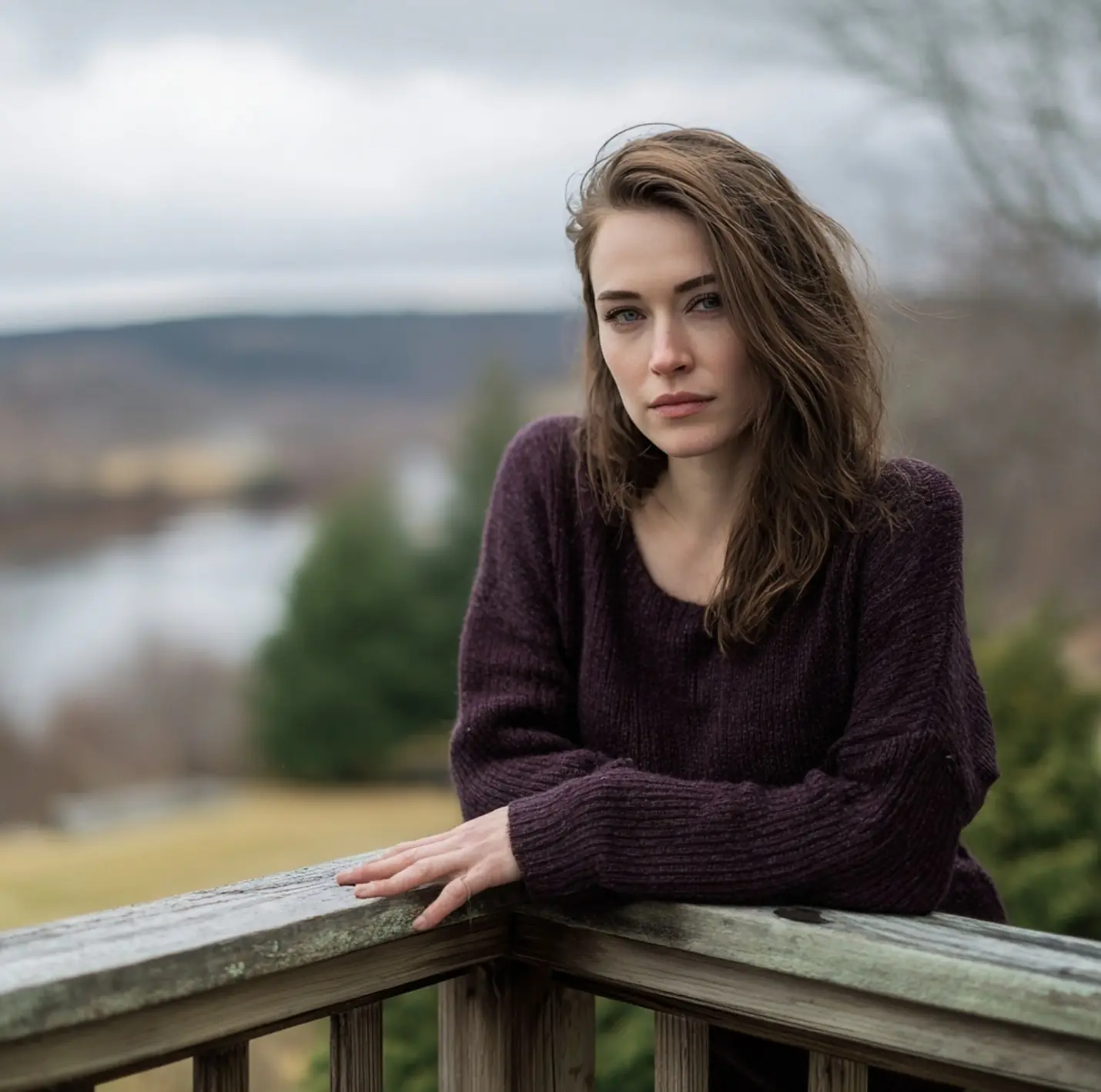
— Honestly… — her friend paused for a second, as if afraid to say too much, — I still don’t understand: how did you dare to do this? This is beyond the pale, Liza!
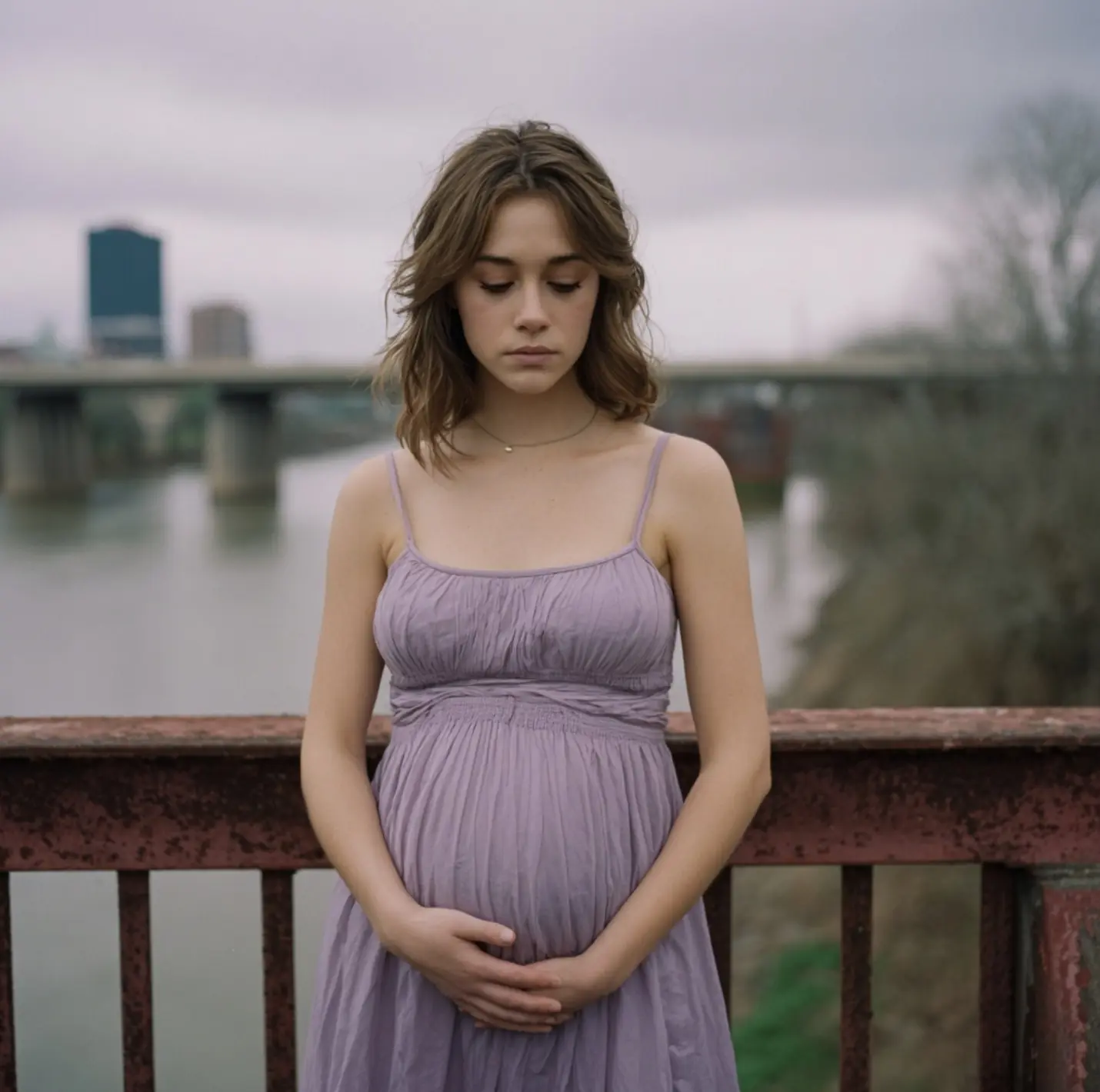
A pregnant student stood on the edge of a bridge, ready to jump… But a sudden child’s cry made her turn—and what she saw changed everything!
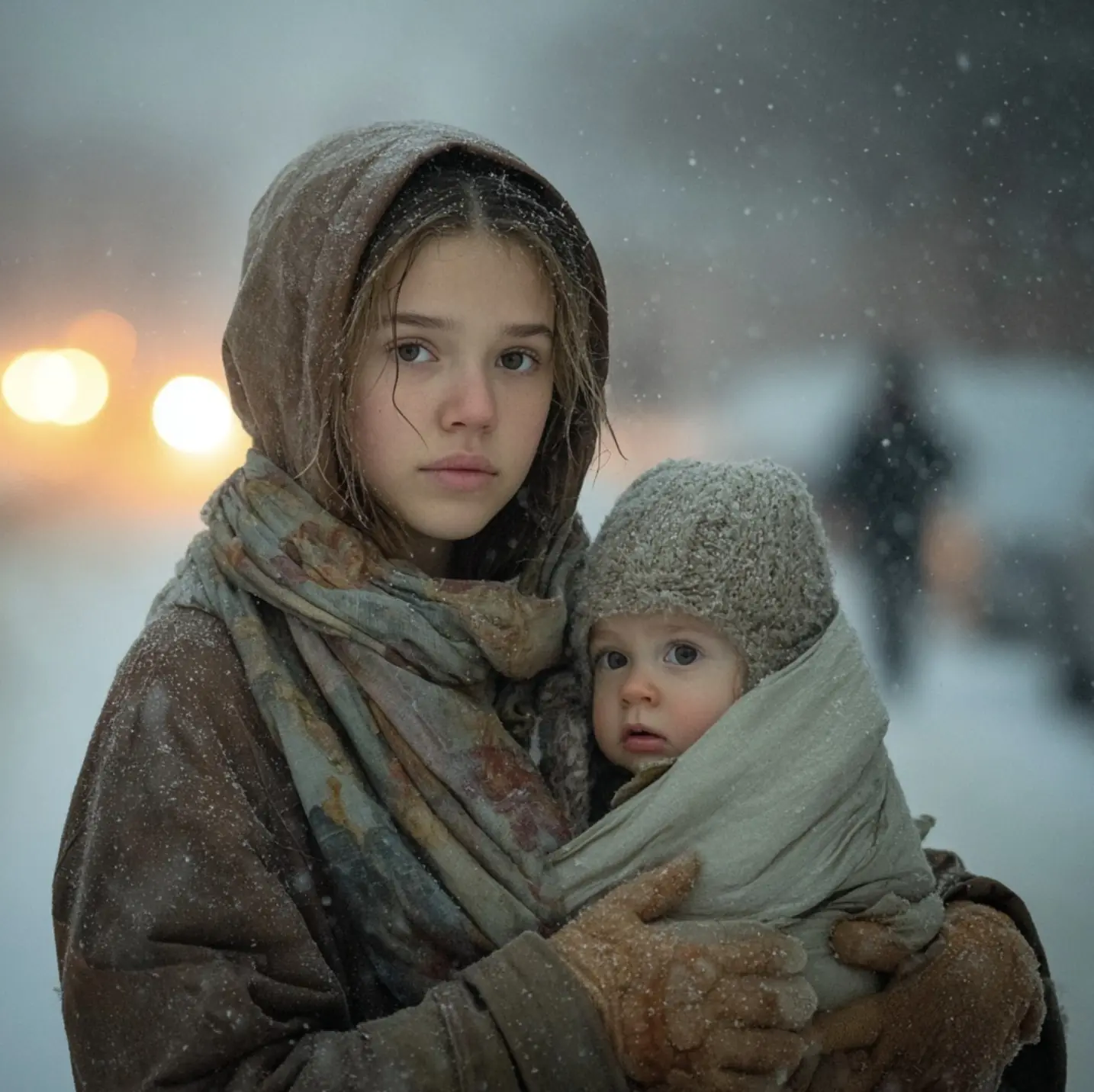
— “How can you sink so low? Aren’t you ashamed, dear? Your arms and legs work—why don’t you get a job?” people would say to the beggar woman with a child.
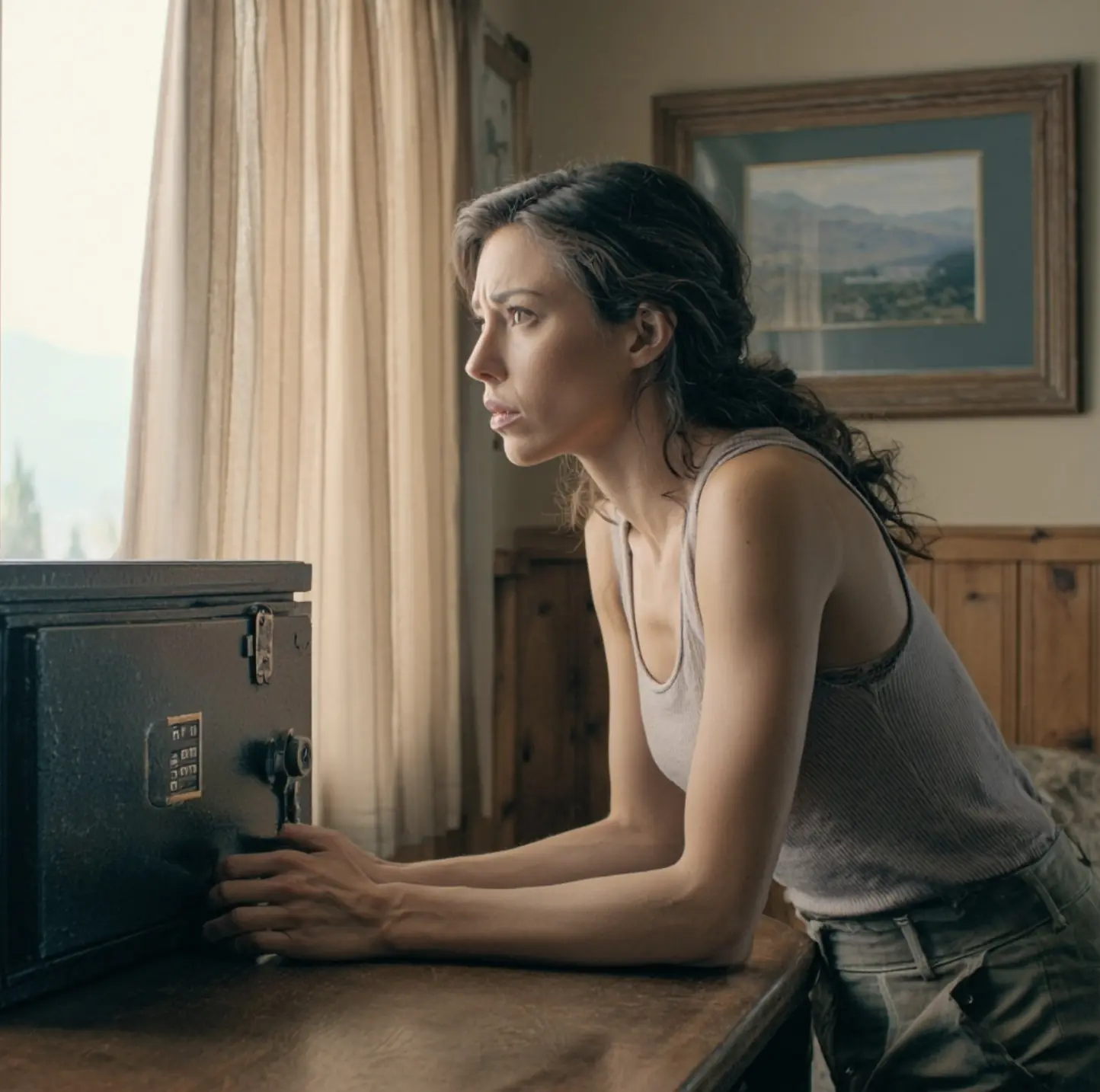
After her husband’s death, she finally dared to open his safe—the one that had always been locked. The moment the door gave way, the woman barely stifled a scream.
News Post

What Your Lips Say About Your Health

Important News for Everyone Who Loves a Daytime Nap

The Night Edith Found Her Angels at a Waffle House

The Dog Who Healed Our Hearts: A Story of Rescue, Love, and Second Chances

A Night at McDonald’s That Changed a Life — And Mine

Beyond the Badge: A Police Officer’s Reflection on True Community Connection

Koda the Christmas Bandit: The Dog Who Unwrapped Every Gift Under the Tree

A Brother’s Gift: Caleb’s Courage for His Sister Libby

Two Brothers, One Battle: The Scotts’ Fight for Life and Hope

An Elephant’s Cry, A Human Answer.

The Farmer’s Slow Lane

The Gift of a Grandfather Without Bloodlines.

12 Powerful Natural Painkillers Found in Your Kitchen

11 Honey Remedies That Truly Work
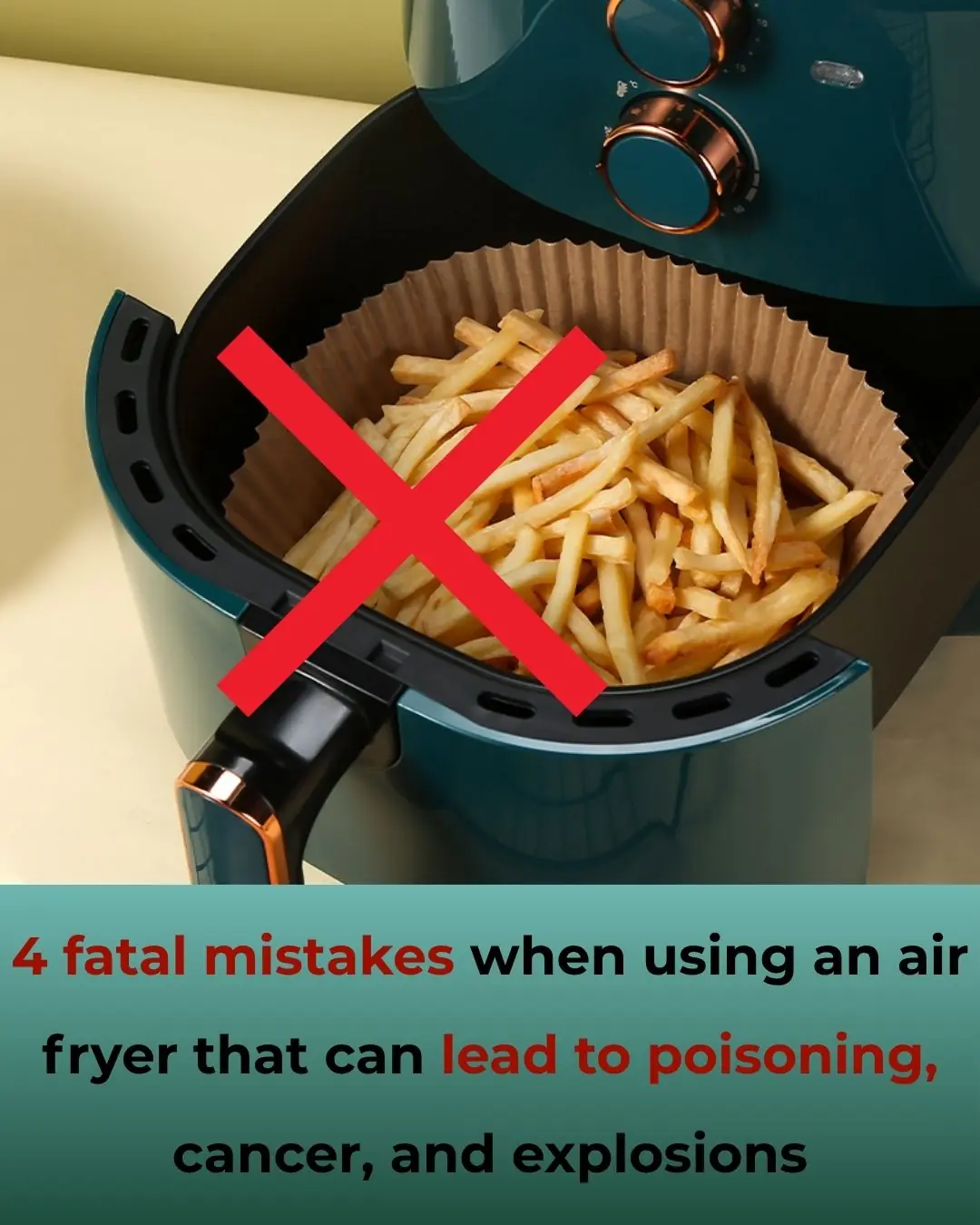
4 Dangerous Mistakes When Using an Air Fryer That Can Lead to Poisoning, Cancer, and Even Fires
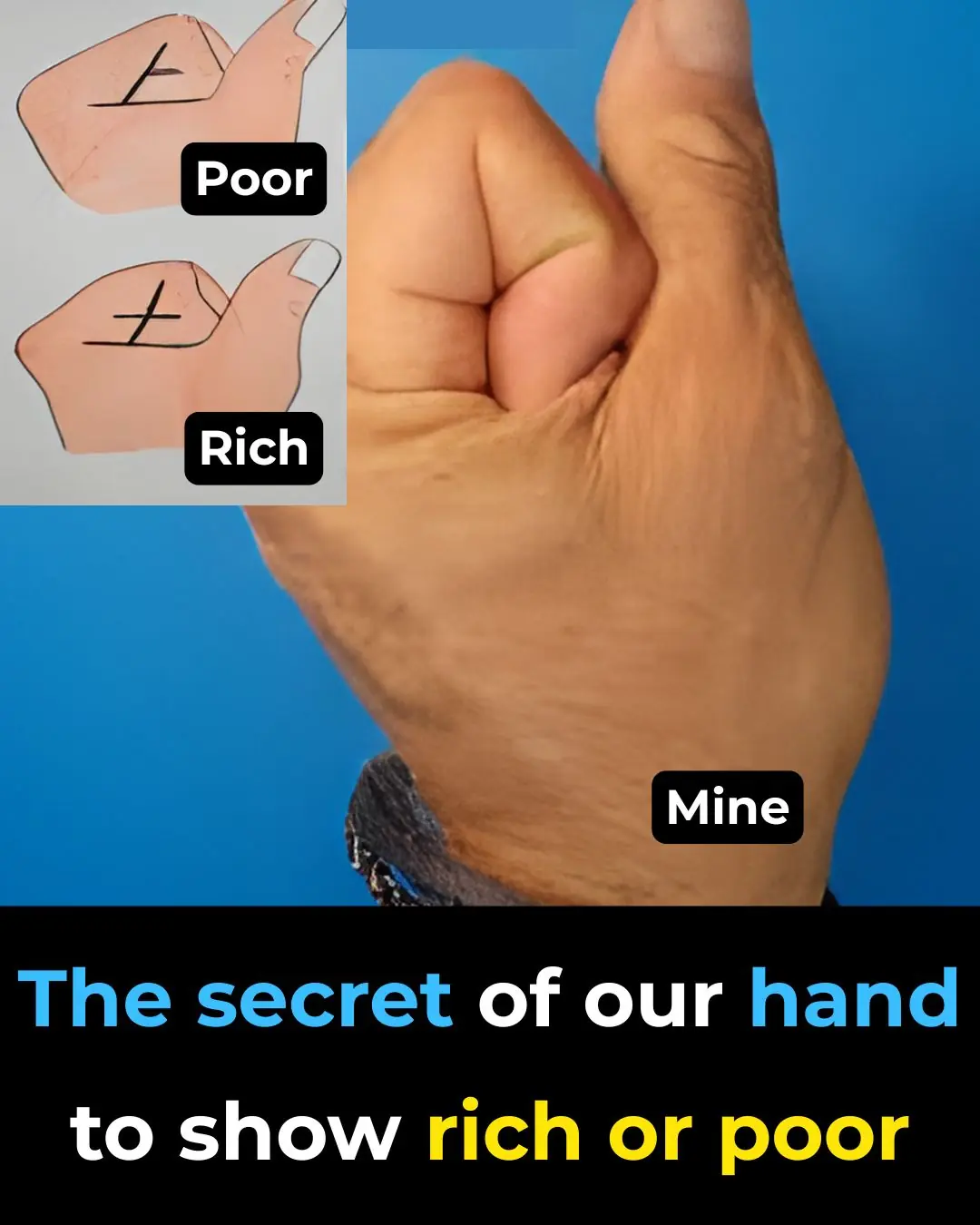
The Secret of Our Hand to Show RICH or POOR…

The Purpose of the Overflow Hole in Your Sink You Never Knew

Only 2% Know This Ancient Spice Can Clean Lung Mucus Overnight 💥

🌿 SENIORS: This 1 Leaf DESTROYS Diabetes & Melts Belly Fat (Doctors HATE It!) | Barbara O’Neill
